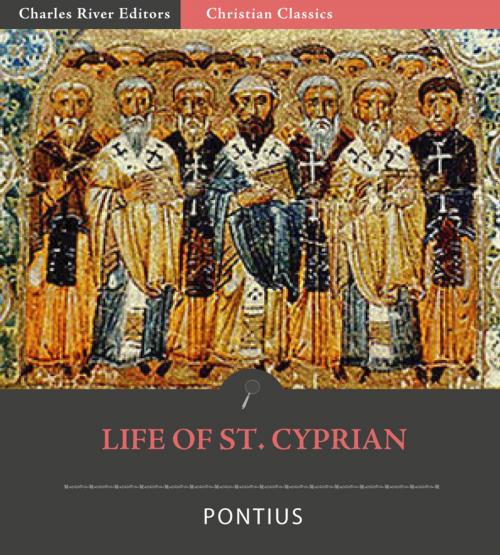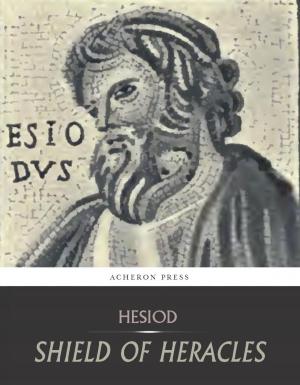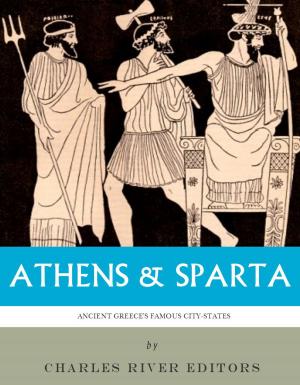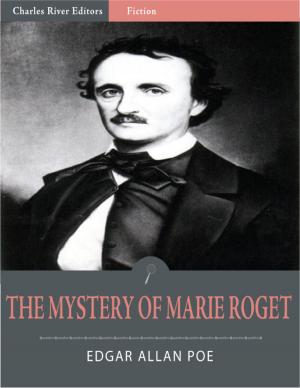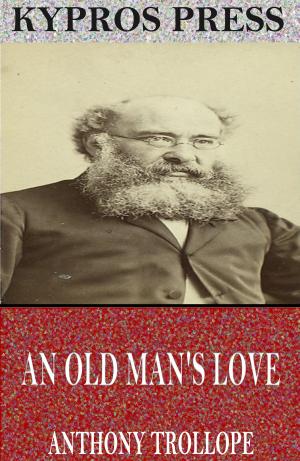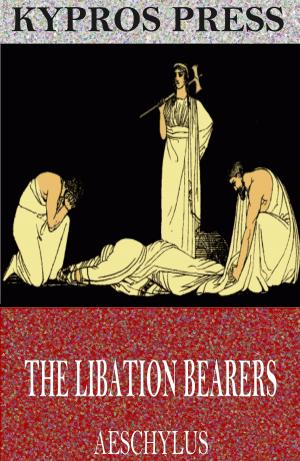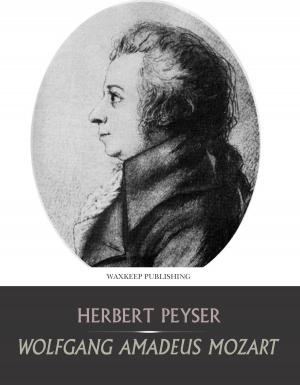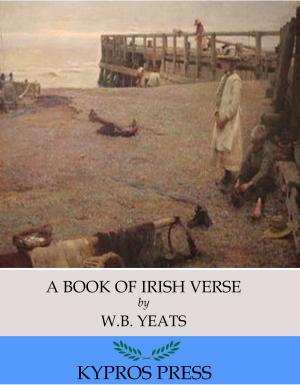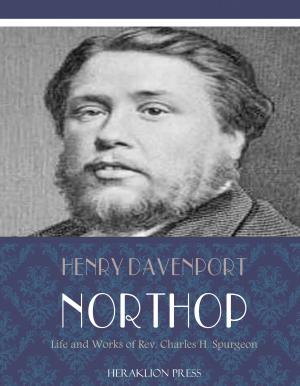| Author: | Pontius the Deacon, Robert Ernest Wallis | ISBN: | 9781475313529 |
| Publisher: | Charles River Editors | Publication: | February 22, 2012 |
| Imprint: | Language: | English |
| Author: | Pontius the Deacon, Robert Ernest Wallis |
| ISBN: | 9781475313529 |
| Publisher: | Charles River Editors |
| Publication: | February 22, 2012 |
| Imprint: | |
| Language: | English |
Saint Cyprian (died September 14, 258) was bishop of Carthage and an important Early Christian writer, many of whose works are still extant. He was born the beginning of the 3rd century in North Africa. He was of a wealthy and distinguished pagan background. In fact, the site of his eventual martyrdom was his own villa. Before becoming a Christian, he was an orator, "pleader in the courts", and a teacher of rhetoric. The date of his conversion is unknown, but after his baptism about 245248 he gave away a portion of his wealth to the poor of Carthage. On September 13, 258, he was imprisoned at the behest of the proconsul, Galerius Maximus. The following day he was sentenced to die by the sword. His answer was "Thanks be to God!" The execution was carried out at once in an open place near the city. A vast multitude followed Cyprian on his last journey. He removed his garments without assistance, knelt down, and prayed. After he blindfolded himself, he was beheaded by the sword.
Saint Cyprian (died September 14, 258) was bishop of Carthage and an important Early Christian writer, many of whose works are still extant. He was born the beginning of the 3rd century in North Africa. He was of a wealthy and distinguished pagan background. In fact, the site of his eventual martyrdom was his own villa. Before becoming a Christian, he was an orator, "pleader in the courts", and a teacher of rhetoric. The date of his conversion is unknown, but after his baptism about 245248 he gave away a portion of his wealth to the poor of Carthage. On September 13, 258, he was imprisoned at the behest of the proconsul, Galerius Maximus. The following day he was sentenced to die by the sword. His answer was "Thanks be to God!" The execution was carried out at once in an open place near the city. A vast multitude followed Cyprian on his last journey. He removed his garments without assistance, knelt down, and prayed. After he blindfolded himself, he was beheaded by the sword.
